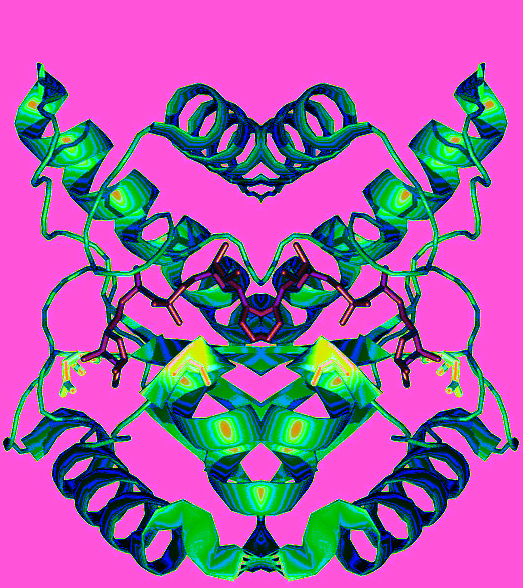RNA wrangled for cancer vaccine
 German researchers are working on a vaccine that teaches our natural defences to fight cancer.
German researchers are working on a vaccine that teaches our natural defences to fight cancer.
The team from Johannes Gutenberg University says their new vaccine takes the body's ability to fight off viruses and refocuses it to fight existing cancer.
The latest reports show that the vaccine generates an immune response in mouse tumour models and in some patients with advanced melanoma.
It uses tiny nanoparticles which contain RNA, a type of genetic material. RNA is usually based on DNA and acts like a recipe that our cells read to create proteins.
Modern technology lets researchers create RNA that codes for a range of proteins on cancer cells, and could be the key to a universal cancer vaccine, experts say.
The German team used a vaccine made up of RNA-lipoplex nanoparticles - RNA surrounded by a lipid (fatty acid) membrane, similar to a cell membrane – to target immune system cells called dendritic cells in mice.
By adjusting the net electrical charge of the nanoparticles to be slightly negative, they were able to efficiently target dendritic cells.
The lipoplex protects the RNA from being broken down by the body, and lets it make its way into dendritic cells and macrophages in the spleen, lymph nodes and bone marrow, where the RNA can be translated into a cancer-specific antigen.
This appears to trigger a strong antigen-specific T-cell response and a potent interferon-α (IFNα)-dependent rejection of progressive tumours in several mouse models.
In human trials of the vaccine, the German team showed that three melanoma patients treated at a low-dose level experienced strong IFNα and antigen-specific T-cell responses.
They conclude that, because almost any protein-based antigen can be encoded by RNA, the nanoparticle vaccine could one day be used as a universal vaccine for cancer immunotherapy.
The progress so far is reported in the journal Nature.








 Print
Print